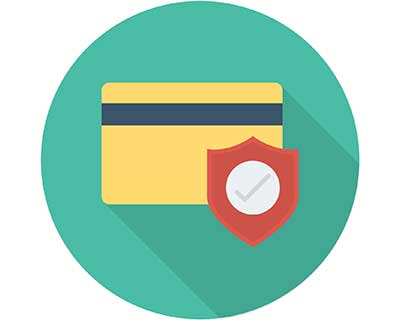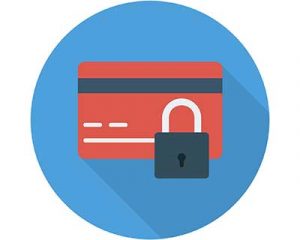Financial crimes are hitting record highs, with nearly 17 million reported cases in 2017 alone. Unfortunately, one of the largest groups of vulnerable people is the elderly. People over the age of 50 control 70 percent of the nation’s wealth, so this age group tends to be among the most common victims.
Elder financial abuse is one particular type of financial crime especially widespread among the older population. This abuse involves the misuse of money by a friend, family member, or stranger. Almost all elderly individuals rely on someone to help them to some degree, and unfortunately, those people sometimes take advantage of the situation.
How To Prevent Elder Financial Abuse
Despite the rising numbers, taking a few steps to keep your financial information safe goes a long way towards preventing elder financial abuse. Here’s a look at some of the best things you can do:
-
Be wary of who you let in your home: If you have people entering your home – from a repairman fixing a furnace to a cleaner who stops by every week, make sure you check their credentials and references before they enter your home. If you’re using a regular caregiver, make sure they’re hired through a reputable agency.
-
Keep things secure: Make sure credit cards, checkbooks, and cash are locked up while other people are in your home. Make sure your account holder(s) (people who have access to your financial accounts) can be fully trusted. If they tend to give out your credit card number over the phone without you knowing, for example, make sure you keep your cards locked up.
-
Shred sensitive documents: Ensure bank account statements, receipts, and even credit card offers that come through the mail are shredded.
-
Get a copy of their/your credit report every four months: Each one of the major credit reporting agencies (TransUnion, Equifax, and Experian) allow you to get a free copy of your credit report every year. Spread those out, and you can get a copy every four months. This is the best way to make sure no new accounts have been opened in your name. If you’re caring for a loved one and monitoring their account, you can do this yourself.
-
Use credit cards as often as possible and keep that number close: When possible, pay for things like home repairs using a credit card, especially if it’s with a contractor (and then pay off the balance quickly). Credit cards are more secure than cash or debit cards, and any fraudulent charges are remedied quickly without liability on the account holder’s end. Additionally, it creates documentation for everything spent. Of course, you should also make a point to keep your credit card number secure, never giving it out over the phone unless you initiated the call and you’re certain you called the right number.
-
Get legal documents in order: Having proper legal documents in order ensures family members step in and help with finances if needed. Having a will, a power of attorney and a HIPAA release form will make sure family member can check accounts, pay bills, and make financial decisions.
-
Have someone regularly monitor accounts: Having a trusted family member keep an eye on bank accounts and other financial accounts is one of the best ways to ensure finances are safe. It’s a good idea to ask for the help of multiple family members to ensure accountability. If you don’t have anyone you trust, you can hire a third party, like the American Association of Daily Money Managers to monitor your accounts. Companies like EverSafe monitor for fraudulent activity and let family, caregivers and even Powers of Attorney be on the account with you.

How To Spot Elder Financial Abuse
Look out for these red-flag warning signs of elder financial abuse.
- Large cash withdrawals that don’t correlate with a purchase
- An ATM withdrawal when someone rarely uses an ATM
- A new relative or friend suddenly becoming a financial spokesperson or power of attorney
- Missing checks or credit cards
- Signups for new financial accounts (Most people who are retired or over 70 don’t need more financial accounts set up)
- Discussion about a new friend (either online or in real life) who is asking for financial help
Tips For Seniors Who Suspect Financial Abuse
If you think you or a member of your family have fallen victim to financial abuse, there are a few things you need to do:

-
Speak up. All too often, seniors are embarrassed to let someone know if they fall victim to financial crime or they don’t want to embarrass someone else by making an accusation. If something doesn’t feel right or you have hard evidence of wrongdoing, make sure someone knows. And the sooner you report the crime, the better things will be.
-
Contact your local Adult Protective Services agency, the federal Administration on Aging, or your local police department. Any one of these agencies can work to get someone investigating the claim quickly.
-
Talk to any financial advisors or bankers that handle your finances because money can often go missing without the account holder noticing. And if money goes missing from one place, there’s a higher chance it’s missing from another place.
Since older people are more vulnerable, there will always be unscrupulous people trying to take advantage of them. But with a little caution, you can drastically reduce the chances of elder financial abuse.


